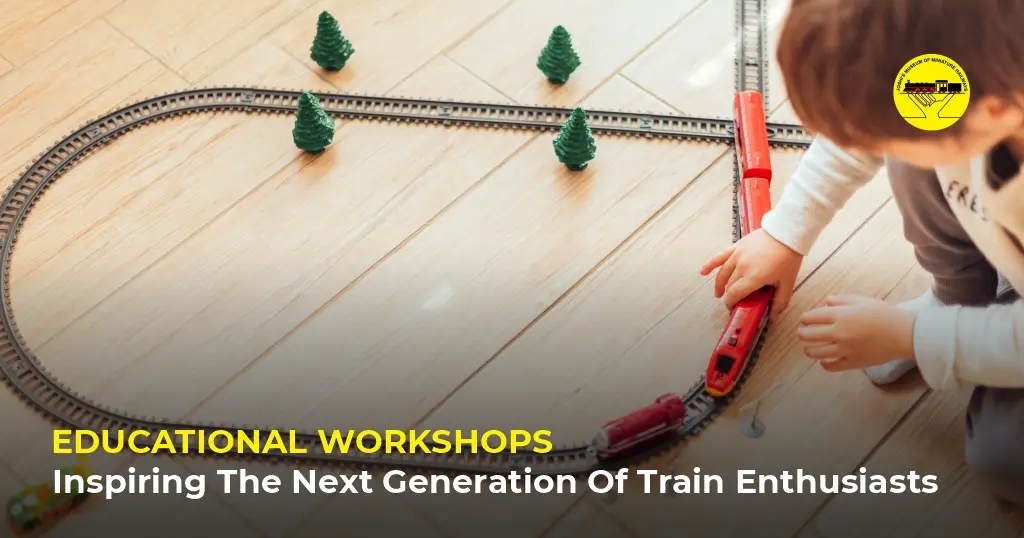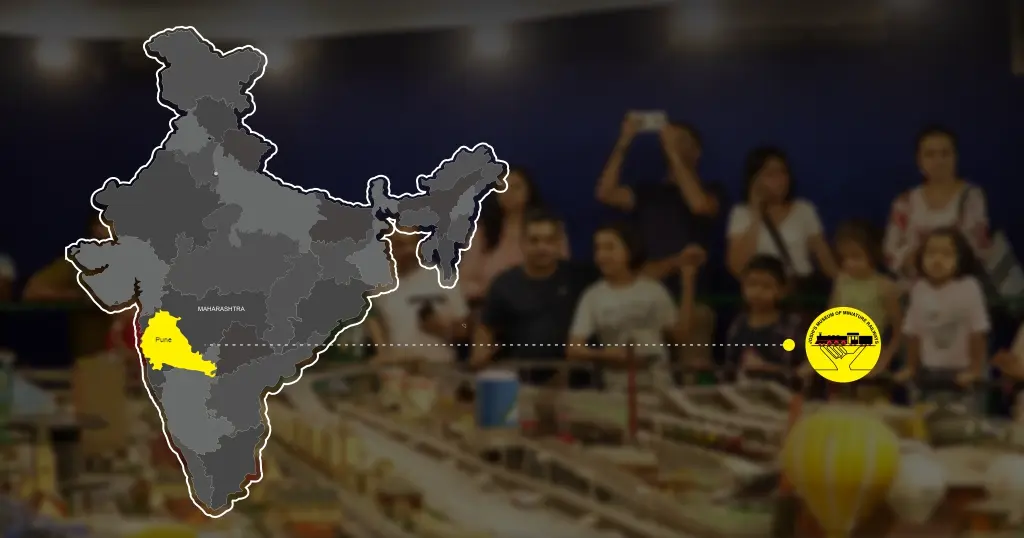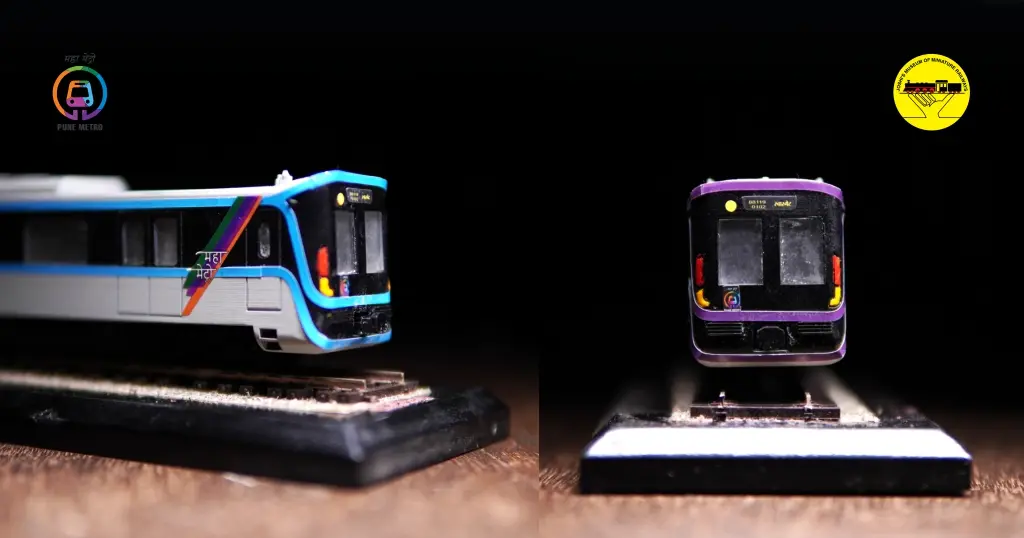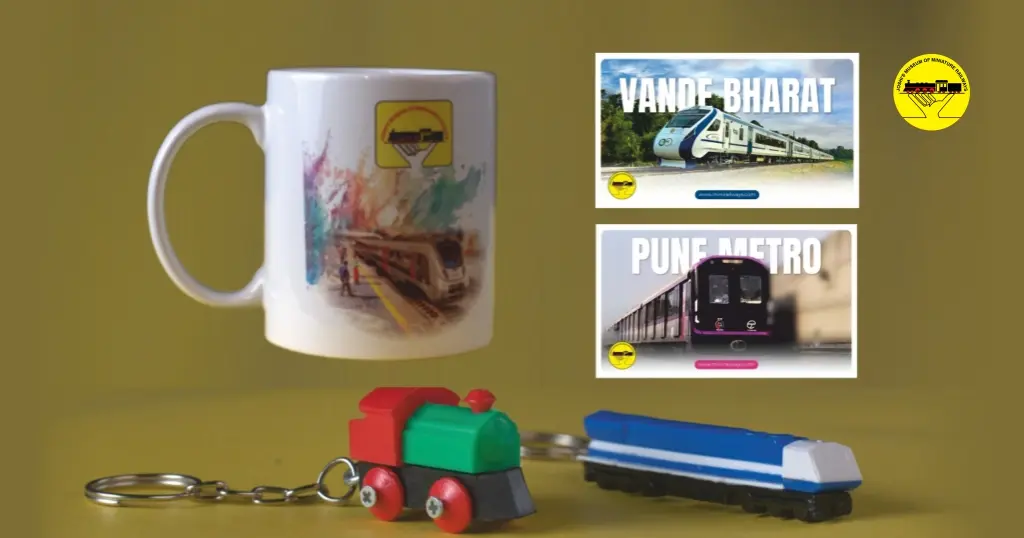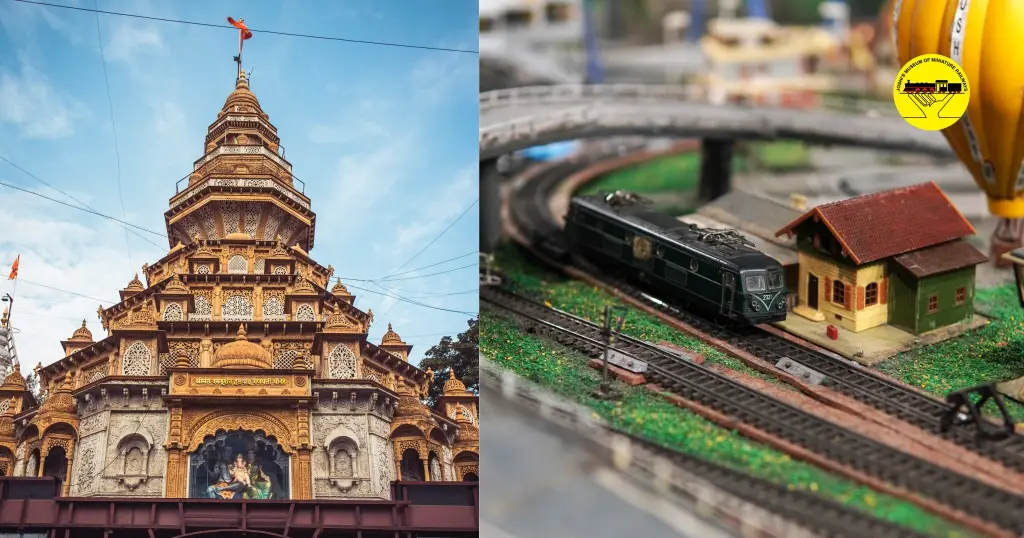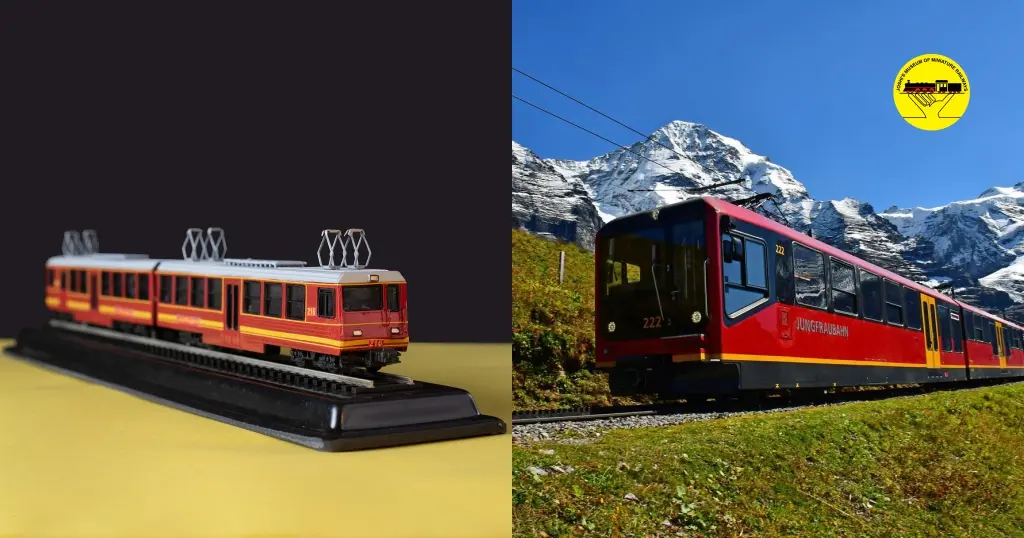Walk into Joshi’s Museum of Miniature Railways in Pune, and you’ll notice something remarkable. Beyond the dazzling lights, moving trains, and carefully crafted miniature city, there is an atmosphere of curiosity. Children don’t just watch the trains—they lean in closer, asking questions: How do these tiny engines move? What powers them? How can we make one ourselves?
It is exactly this spirit of curiosity that inspired Ravi Joshi and his son, Devavrat, to create a unique learning platform. Through specially designed educational workshops, the Joshi family has been introducing students and young visitors to the fascinating world of model trains, paper modeling, and railway science. These workshops are not simply about art and craft—they are about nurturing scientific thinking, cultural appreciation, and a love for technology in future generations.
A Workshop Where Paper Becomes a Locomotive
The idea is simple yet magical. Children are guided to build miniature trains out of paper, learning how shapes come together to form structures. While the process looks like play, it introduces them to concepts of design, proportion, and engineering basics.
Ravi Joshi, who has spent a lifetime perfecting the art of miniature railways, believes these workshops provide a foundation for scientific learning: “When children fold paper to create a model train, they are not just building something tangible—they are also training their minds to think in three dimensions.”
Devavrat, carrying forward the family tradition, adds a youthful perspective. He encourages participants to see trains not just as toys but as living examples of human innovation—machines that have shaped history and continue to evolve.
Why Such Activities Matter in Today’s World
At first glance, one might wonder: in an age of tablets and smartphones, why would kids be interested in making paper trains? The answer lies in active learning versus passive consumption.
Studies in child education show that hands-on activities enhance retention by over 70% compared to traditional rote learning. Building a train, even a paper one, gives children a sense of achievement. They are not only seeing a model come to life but also engaging their imagination—asking “what if?” and “how does it work?” These are the very questions that fuel science and innovation.
Moreover, in a world where digital distractions are constant, workshops like these give children a tactile, real-world experience that is both calming and deeply engaging.
Science Lessons Hidden in Miniatures
Behind every miniature train lies a story of physics and engineering. The workshops help students understand:
- Mechanics of movement: Why wheels are circular, how they grip the tracks, and the balance required for smooth motion.
- Electricity and energy: Demonstrations sometimes show how motors power miniature locomotives, linking directly to real-world train systems.
- Scale and proportion: A model city around the tracks teaches mathematical accuracy—how real-world distances and structures are reduced but kept in balance.
- History of technology: From steam engines to electric trains and futuristic bullet trains, the models provide a timeline of innovation.
What begins as a fun activity of folding paper trains evolves into a mini science classroom where concepts are experienced rather than memorized.
A Cultural Responsibility: Preserving a Dying Art
Model train building is more than a hobby—it is a cultural art form. Across Europe and Japan, railway modeling has been a cherished pursuit for generations. In India, however, it remains a niche interest. Workshops at Joshi’s Museum are an effort to keep this culture alive by passing it to younger generations.
(Source- https://www.ejrcf.or.jp/jrtr/jrtr63/pdf/22-25_web.pdf )
Cultural historians often argue that models are “material witnesses” of human creativity. They condense complex systems into something tangible, accessible, and awe-inspiring. If we do not nurture such skills, we risk losing not just an art form but also a way of teaching science through storytelling.
By hosting these workshops, the Joshi family ensures that Pune’s children do not just inherit a legacy of miniature trains but also the curiosity and craftsmanship that keep such traditions thriving.
Workshops as a Gateway to Larger Dreams
For many children, these workshops can be the first spark toward bigger ambitions. A child fascinated by how trains move might one day become a mechanical engineer, a designer, or even a transport policy maker.
Recent educational reports show that students exposed to hands-on STEM activities are 42% more likely to pursue careers in science and engineering. This makes workshops like those at Joshi’s Museum more than just a pastime—they are potential launchpads for the next generation of innovators.
The Joy of Shared Learning
Another aspect that makes these workshops special is the community experience. Children do not sit in silence; they collaborate, share scissors and glue, compare their trains, and learn from each other. Parents who accompany them often rediscover their own childhood joys, sitting beside their kids and trying to fold paper engines themselves.
This atmosphere reflects the larger philosophy of Joshi’s Museum: trains are not just machines, they are bridges between people and generations.
Museums as Classrooms of the Future
Globally, there is a growing recognition of museums as vital spaces for informal education. A 2022 survey by the American Alliance of Museums revealed that 76% of teachers believe museum trips make students more curious and motivated to learn.
Joshi’s Museum fits into this trend seamlessly. With its unique workshops, it transforms from a place of observation into a place of participation. Visitors don’t just watch—they create, explore, and question. In doing so, they discover that learning can be as exciting as watching a train race across a miniature track.
Keeping the Tracks Alive for Tomorrow
Educational initiatives like these are not just about today’s children; they are about ensuring that tomorrow’s citizens remain curious, creative, and connected to their cultural heritage. The Joshi family’s workshops are proof that small activities can leave a large impact.
As Ravi Joshi often says, “A train is not just about going from one station to another. It is about the journey, the imagination, and the stories we carry along the way.”
Through these workshops, the journey of curiosity continues—one paper train at a time.
Final Stop: An Invitation
If you’re a parent, teacher, or simply someone who believes in the joy of learning, Joshi’s Museum of Miniature Railways invites you to hop aboard. These workshops are not just classes—they are experiences where the engine of curiosity meets the track of imagination.
Because sometimes, the simplest act of folding paper into a train can inspire the grandest journeys of all.

